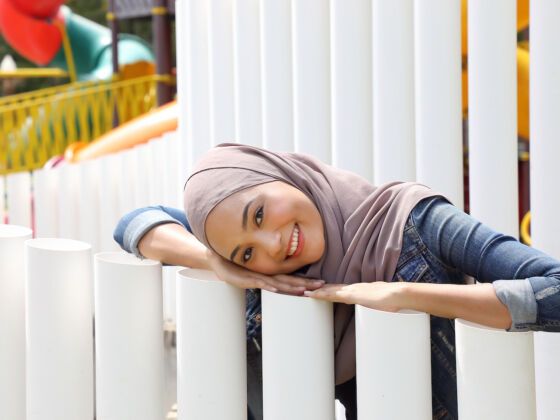SHE HAD A FRIENDLY FACE, and that’s what made me pick her.
“Excuse me, would you be ok watching my bags for a few minutes while I go use the restroom?” I asked her politely.
“Sure, no problem,” she answered with a broad smile.
At 1:00am on a Tuesday morning, the Terminal 4 food court of John F. Kennedy airport had very few people around. A group of youngsters, three boys and two girls chatting incessantly in a language I didn’t understand, occupied a corner table. A middle-aged man, with his head buried into his phone, was sipping coffee in another corner. A couple of lone passengers were sleeping on elongated benches placed against the walls.
